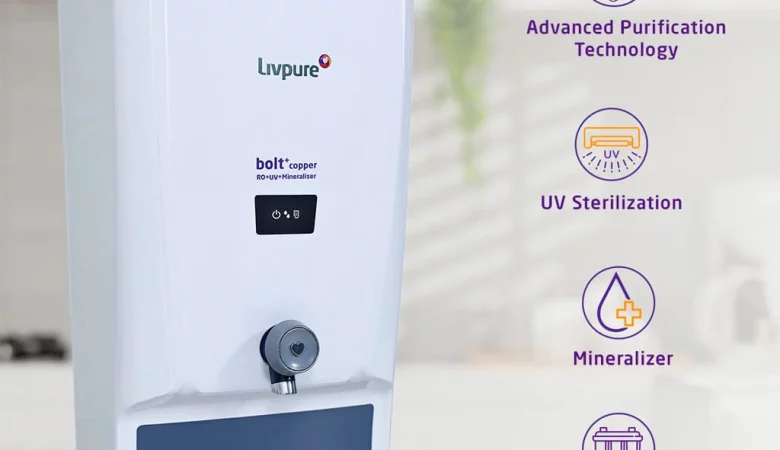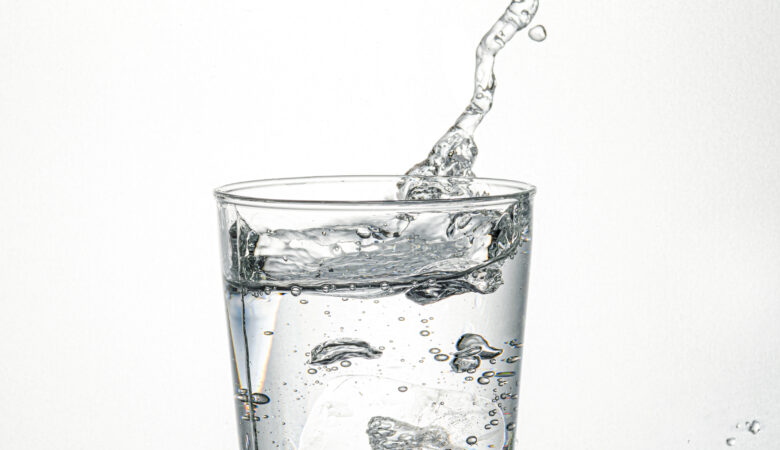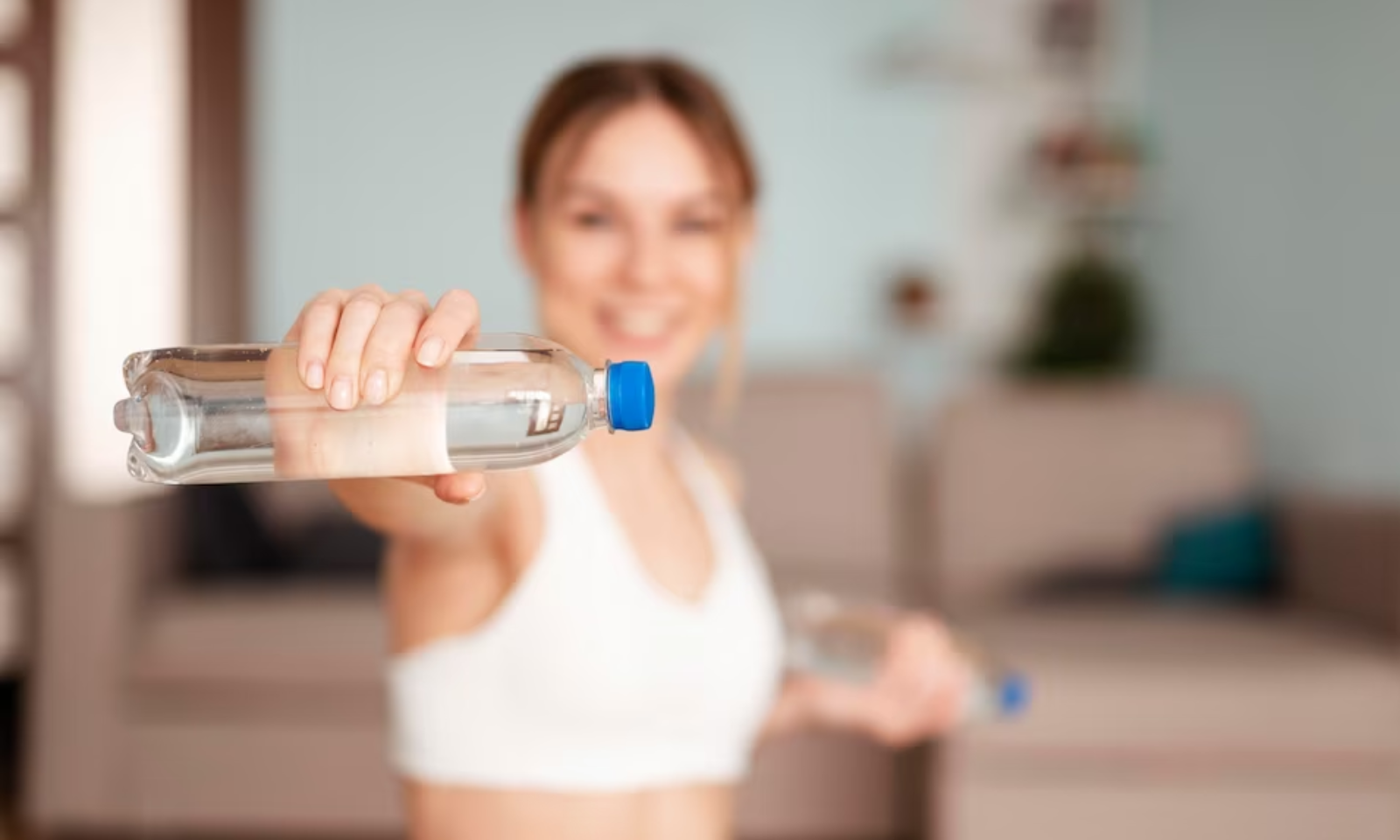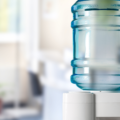The quality of water that directly enters our taps may not be the best for drinking as it contains contaminants, bacteria, pesticides and high total dissolved solids. Seeing as how common this problem is, people are turning to water purifiers to purify their drinking water at home and the office.
If you are searching for a new water purifier this guide will help you make an informed choice whether you are looking for a purifier at home or the office.
Given below is a list of the types of water purifiers available in the market:
1. Gravity Water Purifier :This type of purifier performs filtration by applying pressure on the water. They do not work on electricity and are portable. This type of purifier is one of the most cost-effective ones
2. UltraViolet Water Purifier (UV) : UV rays are used to eliminate the bacteria in water. This process is relatively fast however it is not effective in removing total dissolved solids in the water and particles in the water.
3. Reverse Osmosis water purifier : It is considered the most effective as it takes care of sediments and bacteria in the water. It is also effective in reducing the hardness of the water.
There are three major sources that we receive water through in major cities.
1. Municipal Water : This is usually lake or river water that reaches our homes after being treated by the municipality. The total dissolved solids for this kind of water is usually quite low and is between 1-200 ppm
2. Wells / Groundwater : Water sourced from under the ground is brought to us by wells or bore wells and has a higher TDS. Depending on the surrounding environment the water will need treatment as it could be contaminated with metals or pesticides.
3. Mixed Sources : Many places receive a mix of water. This may be from tankers, bore wells, and municipalities. This combination makes it difficult to determine the TDS of the water and pre-treatment before drinking is required.
To answer the question of what kind of purifier to buy, it is necessary to know a little more
1. TDS in water : Inorganic salts and trace amounts of organic compounds found dissolved in water are referred to as total dissolved solids (TDS). Typically, TDS is measured in mg/Liter or ppm (parts per million). You can either use a TDS meter that you can get from neighborhood or internet businesses, or you can have your water analyzed at a lab. Most companies that sell purifiers also test the TDS of the water for you before you make your purchase.
2. Water purifiers based on the water TDS : If the TDS of the water is below 200 ppm it is usually considered very good.
- Water ranging from 50 – 200 ppm would need a UF, UV, UV+UF water purifier.
- Water ranging from 200 – 500 ppm would need a RO, RO+UV water purifier.
- Water above 1000 ppm recommends a RO, RO+UV water purifier
3. Storage capacity : You would need to consider the daily consumption value of your home to determine this point. An average family requires 6 to 8 liters of drinking water daily.
4. Do you need a purifier that dispenses hot and cold water? : Select water purifiers offer hot and cold water after complete filtration. The addition of this feature makes the purifiers a little pricier than others, but the hot water does have its uses and can be used to clean fruits, vegetables, and other consumables that should be cleaned before consumption.
5. Electric or Non-Electric : There are more expensive electric models and more affordable non-electric models of water purifiers. Depending on the technology being used, non-electric water purifiers will also remove pollutants. Some provide UF technology, sediment filtration, and carbon filtration to get rid of chlorine and stink. Electric purifiers primarily target the dissolved sediments, viruses, and bacteria that are commonly found in urban water supplies.
How Should I Pick the Best Water Purifier?
- Choosing the best water filter involves two simple procedures: Check the quality of your water by locating the source and having the TDS and hardness levels checked.
- Needed Purification Technology: You may select from a variety of water purifiers with different types of purification procedures that will best fit you depending on the quality and source of the water.
About Livpure RO water purifier
The Livpure RO water purifier is a pioneer in offering clients intelligent water services, and it has raised the bar for mineral water. Livpure offers its clients all types of water purification solutions with its vast portfolio of water purifiers. The water filtration plans at Livpure are designed to meet everyone’s demands. You can choose a plan based on your requirements and close a plan that will benefit you the most. You may easily save time and money on routine water purifier maintenance with the help of the programs that have been designed especially for you.
Livpure has a variety of water purifiers: There is a wide variety of water purifiers available from Livpure. Even though they all differ in certain ways, they all aim to make sure you drink the purest water possible.
They sell the following water purifiers among others:
- UF water purifier UV filters for water
- Water purifier Livpure Copper RO Alkaline
Would you like to purchase a RO purifier? Your hunt will be over thanks to Livpure’s outstanding filtration process. Reverse osmosis water purifiers come with an integrated UV water purifier to thoroughly remove impurities including heavy metals, chemicals, microorganisms, and more. You can choose an optional 8-stage filter with a copper infusion to benefit from the added health advantages of copper water. So, what are you waiting for? visit their website to know more about the best water purifiers available.
Also read: How to purify water at home without a filter








